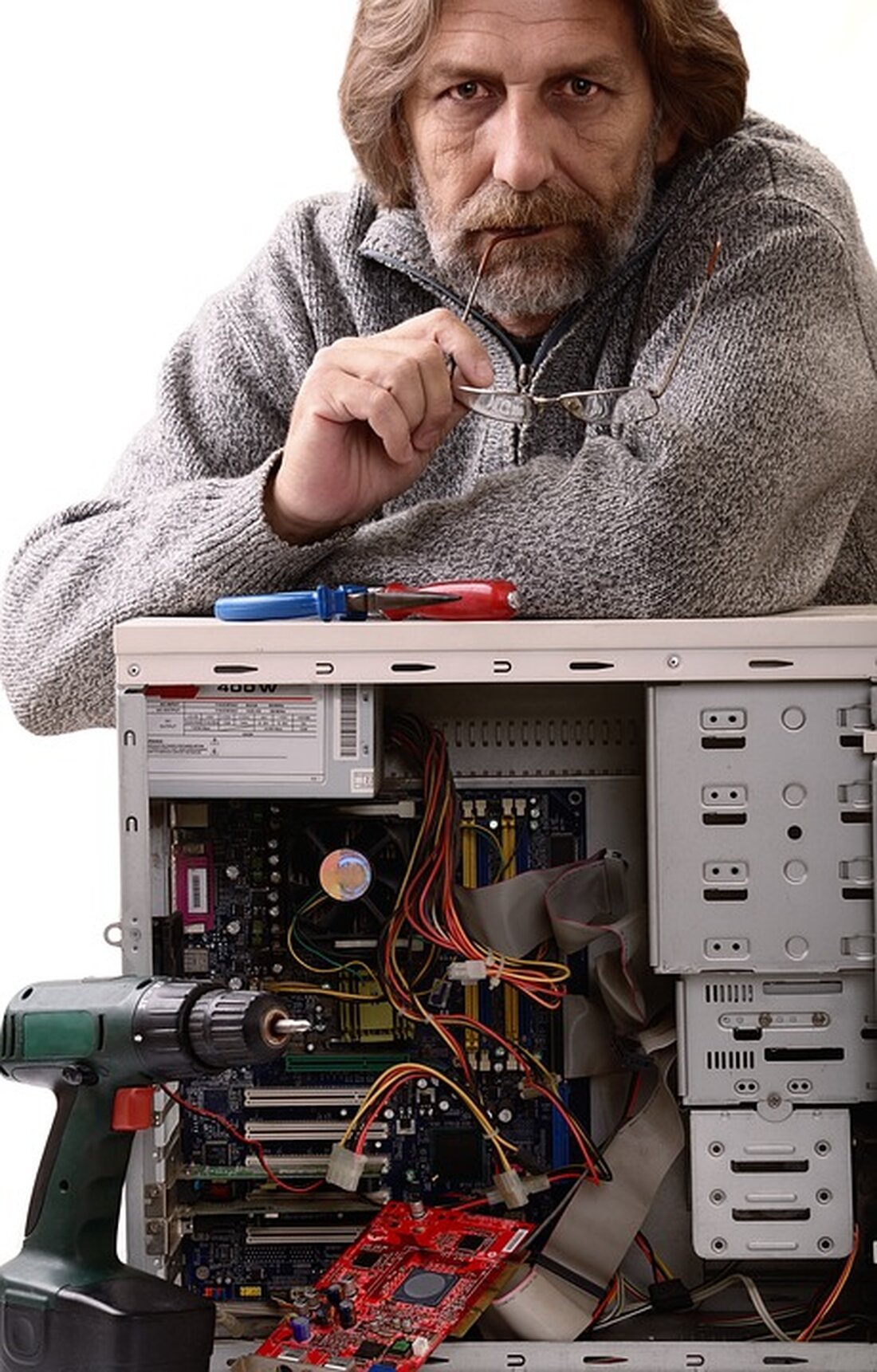Expert warns: Heating prices are rising sharply - causes and effects explained
According to a report from www.merkur.de, the prices for heating systems in Germany are increasing dramatically. The Federal Association of Consumer Organizations (VZBV) reports that prices for heating systems rose by an average of around 25 percent in 2021 and increased even further in 2022. The increased prices have an impact on consumers and the market as a whole. The purchase costs for heating systems such as air-to-water heat pumps and pellet heaters have increased significantly, making it more difficult for consumers to switch to sustainable heating systems. The price increases could also change competition in the heating market as companies may struggle to keep up with rising material and installation costs. The rise…

Expert warns: Heating prices are rising sharply - causes and effects explained
According to a report by www.merkur.de, the prices for heating systems in Germany are rising drastically. The Federal Association of Consumer Organizations (VZBV) reports that prices for heating systems rose by an average of around 25 percent in 2021 and increased even further in 2022.
The increased prices have an impact on consumers and the market as a whole. The purchase costs for heating systems such as air-to-water heat pumps and pellet heaters have increased significantly, making it more difficult for consumers to switch to sustainable heating systems. The price increases could also change competition in the heating market as companies may struggle to keep up with rising material and installation costs.
The increase in prices for heating systems can partly be attributed to increased raw material and energy costs, but high demand also plays a role. According to Stefan Materne from the consumer advice center's energy consultancy, the market is overheated, which indicates high demand and possible bottlenecks.
Overall, the rise in heating prices will pose major financial challenges for consumers and potentially subject the heating industry to structural changes if prices continue to rise. It remains to be seen how the situation will develop in the next few years and whether prices will fall again.
This price increase will create financial challenges for consumers and could change the pricing competitive landscape in the heating market as companies may struggle to keep up with rising material and installation costs.
The increased prices could also make it more difficult to switch to sustainable heating systems, as consumers now face increased purchase costs. It remains to be seen how these developments will impact the market and consumers in the long term.
Read the source article at www.merkur.de

 Suche
Suche
 Mein Konto
Mein Konto
